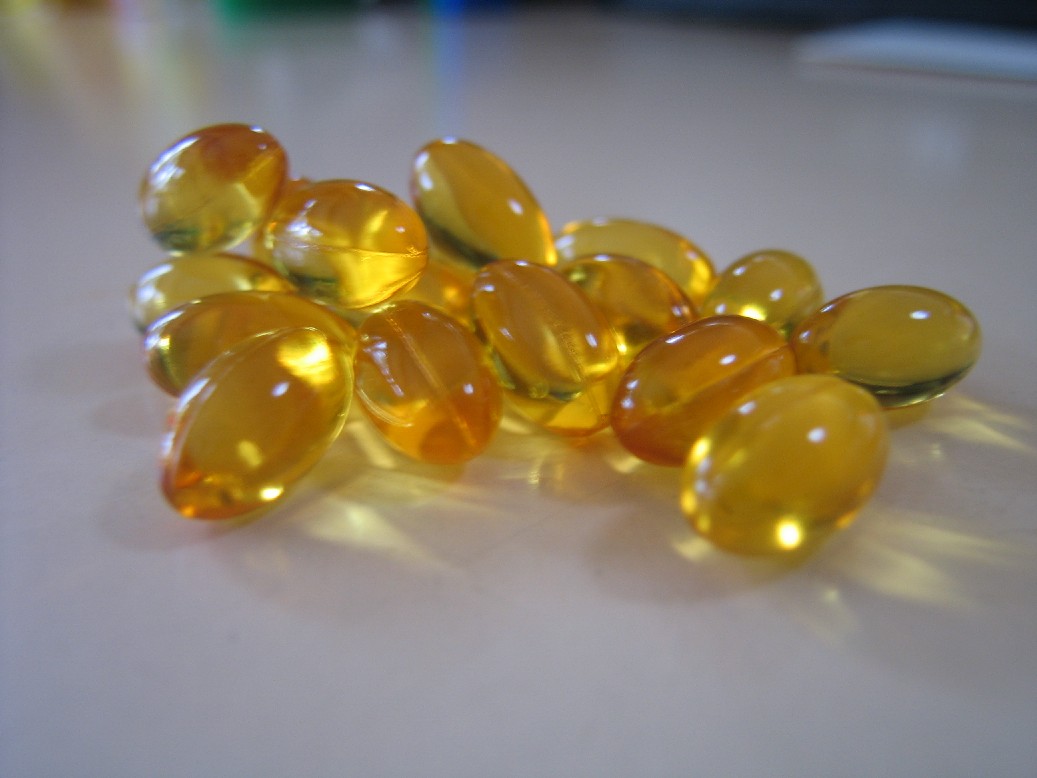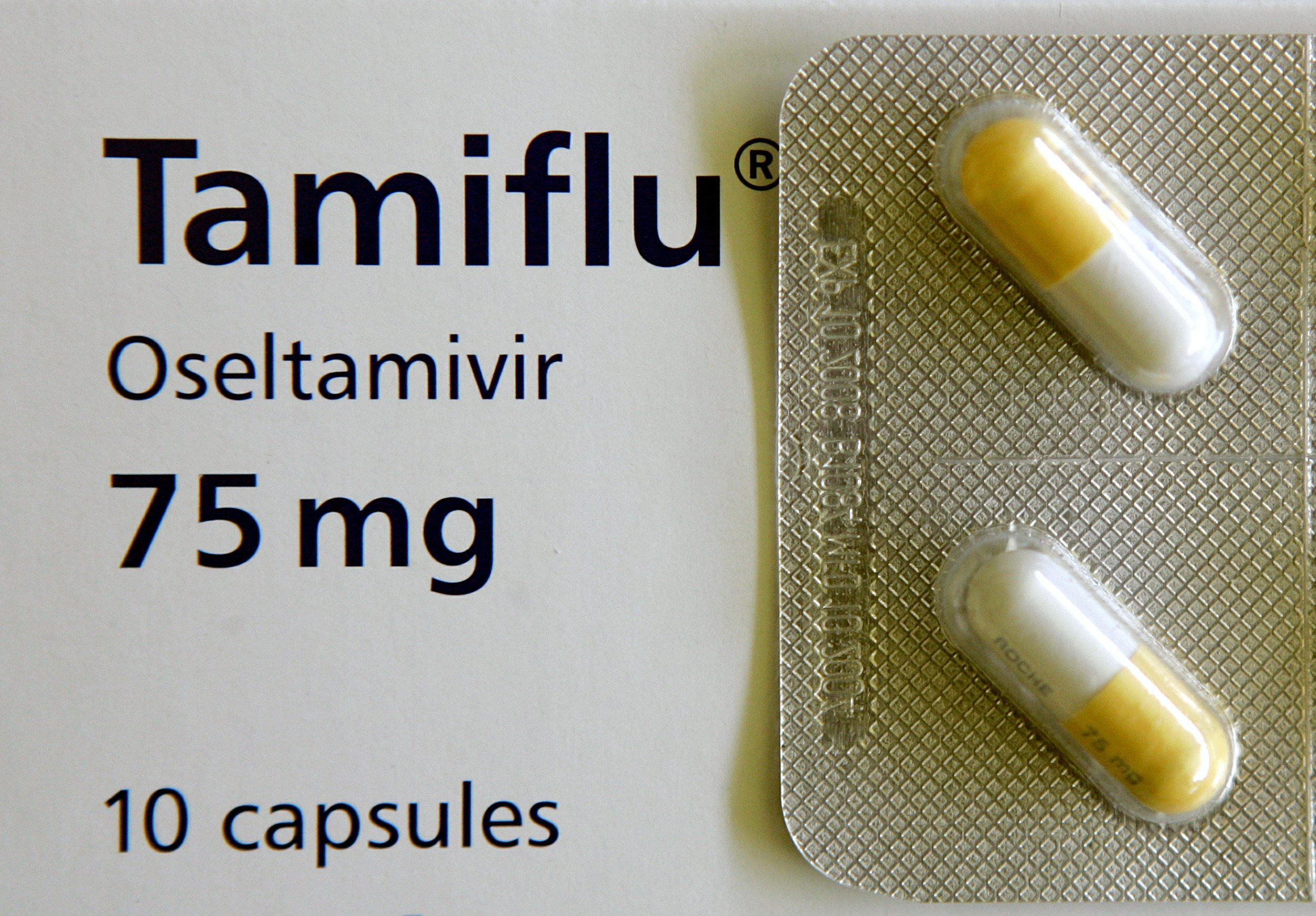
by Dr. Michael Murray | Jan 9, 2015 | Prescription Drugs
Maintain a healthy cholesterol balance without potentially harmful drugs Cholesterol-lowering statin drugs such as Crestor (rosuvastatin), Lipitor (atorvastatin), Zocor (simvastatin), and Pravachol (pravastatin) are ubiquitous these days, with more and more being...

by Dr. Michael Murray | Dec 16, 2014 | Natural Facts, Prescription Drugs
Introduction Oseltamivir, brand name Tamiflu, was released onto the market in 1999 for the treatment of influenza. Despite is wild popularity – over 6 billion prescriptions for a 5 day course costs about $135 – results from detailed analysis have called its...

by Dr. Michael Murray | Dec 2, 2014 | Natural Facts, Prescription Drugs
Introduction: In the late 1990s, St. John’s wort (SJW) extract rocketed to tremendous success in the United States and Europe as a natural anti-depressant, but a dubious 2002 study funded by the drug company giant Pfizer, led to a crushing 97% drop in its popularity...

by Dr. Michael Murray | Nov 3, 2014 | Natural Facts, Prescription Drugs
Introduction: A recent study raises a new issue with long-term antidepressant use, adding another reason for consumers to seek alternatives. The study, conducted by researchers at the University of Pisa, Italy, found that antidepressant drugs affected men and women...

by Dr. Michael Murray | Aug 27, 2014 | Prescription Drugs
Ever since we were children, we’ve been told to take pills when we feel bad—for headaches, insomnia, indigestion, aches and pains, even mild depression, to name a few common complaints. TV ads reinforce this message, with experts telling us what pills to take...

by Dr. Michael Murray | Aug 19, 2014 | Prescription Drugs
Introduction: The FDA recently announced the approval of a new type of sleeping pill from Merck known as Belsomna® (suvorexant) despite significant safety concerns. This approval calls into question whether the FDA is more concerned about protecting the health of...









